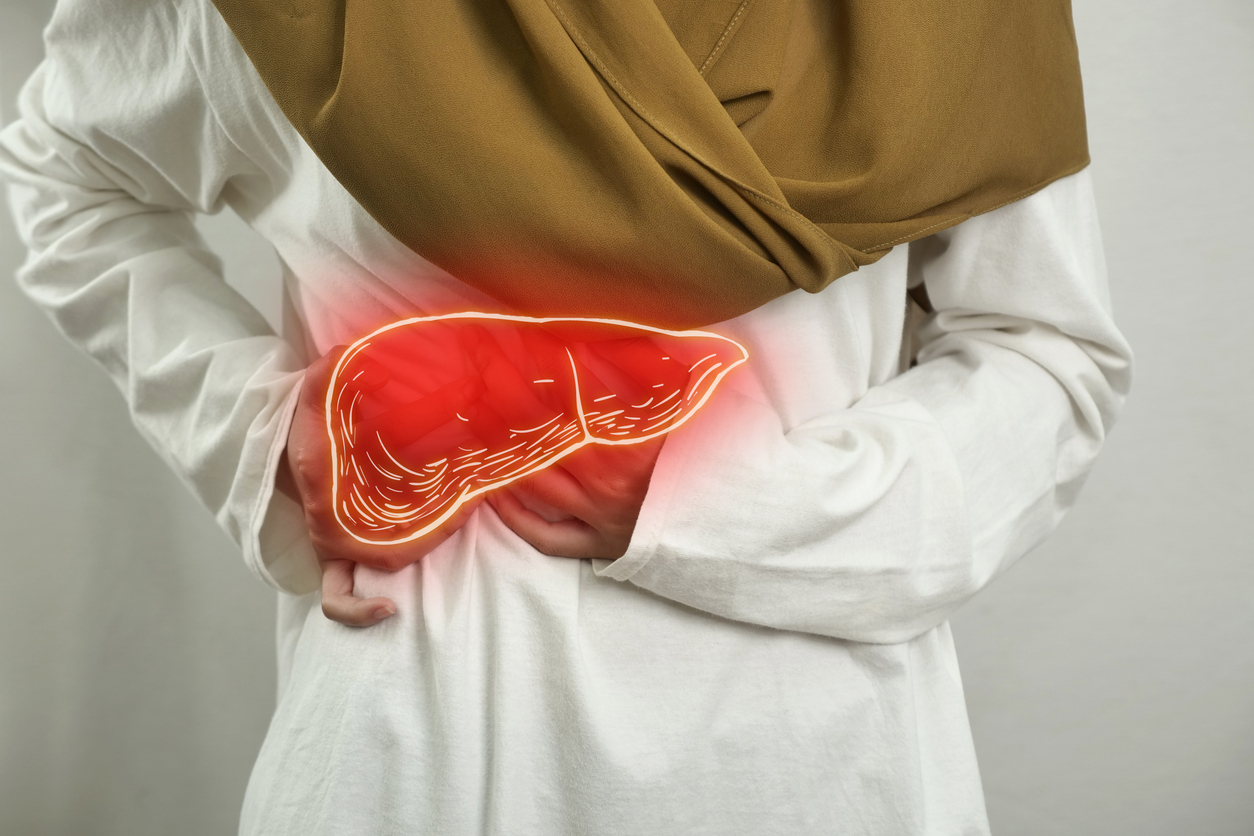2025-11-06
The real role of diet after prostate cancer: what does the evidence show?
Oncology
By Lila Rouland | Published on November 6, 2025 | 3 min read
Localized (non-metastatic) prostate cancer affects a large male population and generally carries a good prognosis. However, patients remain at elevated risk of all-cause mortality, often due to comorbidities such as cardiovascular disease.
Diet is known to influence the course of many chronic illnesses, but its impact after a prostate cancer diagnosis is still poorly defined. This systematic review evaluated the relationship between different dietary patterns (rather than isolated nutrients) and mortality or disease progression in men with localized prostate cancer.
Based on eight cohort studies including more than 47,000 participants, this review identified several types of eating patterns, grouped into two main categories:
1. Western or pro-inflammatory diets
Characterized by high consumption of red and processed meats, saturated fats, added sugars, and high-fat dairy products, these diets were associated with:
2. Healthy or anti-inflammatory diets
This group includes the Mediterranean, DASH, and plant-based diets, which emphasize: fruits, vegetables, legumes, whole grains, fish, and unsaturated fats (e.g., olive oil, nuts).
These patterns were linked to:
Some studies also suggest that replacing animal fats with plant-based fats may improve survival, likely by reducing systemic inflammation.
This review highlights the importance of adopting a comprehensive dietary approach after a diagnosis of non-metastatic prostate cancer. Unlike research focusing on individual nutrients, assessing overall dietary patterns provides a more realistic understanding of real-world nutritional behavior.
Transitioning to a Mediterranean-style diet could represent a simple, cost-effective, and impactful strategy to improve both quality of life and longevity in these patients. The authors emphasize the need to strengthen nutritional guidelines in oncology and to more fully integrate dietitians into post-diagnosis patient care.
Further randomized controlled trials are needed to confirm these findings and guide future personalized nutrition interventions in cancer care.
About the author – Lila Rouland
With dual expertise in science and marketing, Lila brings her knowledge to the service of healthcare innovation. After five years in international academic research, she transitioned into medical and scientific communication within the pharmaceutical industry. Now working as a medical writer and content developer, she is committed to highlighting scientific knowledge and conveying it to healthcare professionals with clarity and relevance.
Localized (non-metastatic) prostate cancer affects a large male population and generally carries a good prognosis. However, patients remain at elevated risk of all-cause mortality, often due to comorbidities such as cardiovascular disease.
Diet is known to influence the course of many chronic illnesses, but its impact after a prostate cancer diagnosis is still poorly defined. This systematic review evaluated the relationship between different dietary patterns (rather than isolated nutrients) and mortality or disease progression in men with localized prostate cancer.
Results: mediterranean diet leads, western diet fails
Based on eight cohort studies including more than 47,000 participants, this review identified several types of eating patterns, grouped into two main categories:
1. Western or pro-inflammatory diets
Characterized by high consumption of red and processed meats, saturated fats, added sugars, and high-fat dairy products, these diets were associated with:
- a significant increase in all-cause mortality,
- higher prostate cancer–specific mortality,
- and an increased risk of disease progression.
2. Healthy or anti-inflammatory diets
This group includes the Mediterranean, DASH, and plant-based diets, which emphasize: fruits, vegetables, legumes, whole grains, fish, and unsaturated fats (e.g., olive oil, nuts).
These patterns were linked to:
- a reduction in overall mortality,
- improved progression-free survival,
- and better cardiovascular protection after diagnosis.
Some studies also suggest that replacing animal fats with plant-based fats may improve survival, likely by reducing systemic inflammation.
A nutritional priority: rethinking the plate after prostate cancer
This review highlights the importance of adopting a comprehensive dietary approach after a diagnosis of non-metastatic prostate cancer. Unlike research focusing on individual nutrients, assessing overall dietary patterns provides a more realistic understanding of real-world nutritional behavior.
Transitioning to a Mediterranean-style diet could represent a simple, cost-effective, and impactful strategy to improve both quality of life and longevity in these patients. The authors emphasize the need to strengthen nutritional guidelines in oncology and to more fully integrate dietitians into post-diagnosis patient care.
Further randomized controlled trials are needed to confirm these findings and guide future personalized nutrition interventions in cancer care.
Read next: Plant-based diets and disease progression in men with prostate cancer
About the author – Lila Rouland
Doctor of Oncology, specialized in Biotechnology and Management

Last press reviews
Liver, sugar, and pills: who's in control?

By Ana Espino | Published on February 4, 2026 | 3 min read<br>
Endometrial cancer: Is PARP bringing new hope?

By Ana Espino | Published on February 3, 2026 | 3 min read<br>
